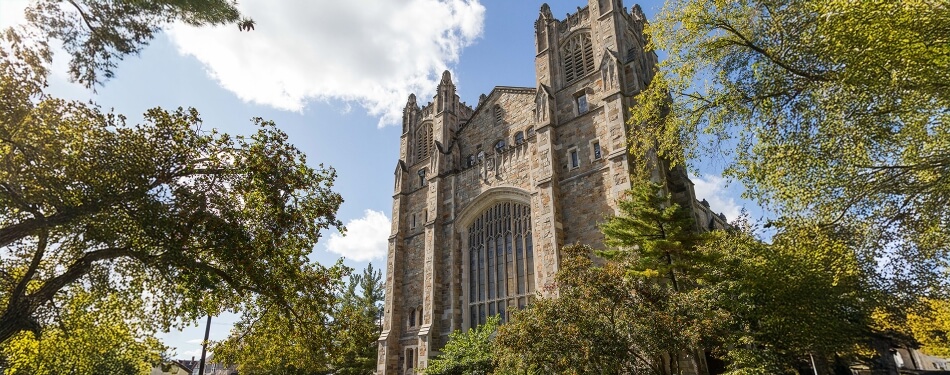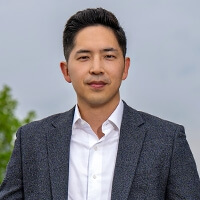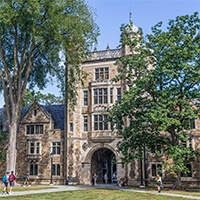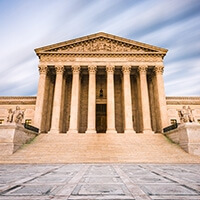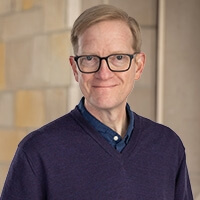Two recent Michigan Law graduates are recipients of the 2025 Equal Justice Works Fellowship and will spend two years, starting this fall, on projects that support their work in an area of public interest law.
Rohan Kandeshwarath and Grace Peters, both members of Michigan Law’s Class of 2025, were among 60 postgraduate fellows chosen to participate in the highly competitive program. Both are sponsored by Greenberg Traurig.
“We are so proud of each of our incoming fellows for committing to public service when they are needed more than ever,” said Verna Williams, CEO of Equal Justice Works. “The fellows embody our organizational belief that the law belongs to everyone. With this dedicated class of fellows, Equal Justice Works deepens the nation’s bench of passionate, skilled champions of justice.”
Kandeshwarath and Peters each will design a project to address an unmet legal need in their communities.
Rohan Kandeshwarath: Center for Law, Brain & Behavior (CLBB)
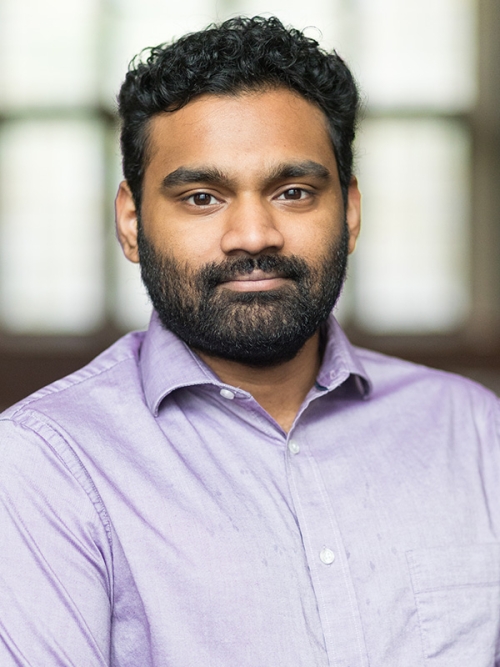
Kandeshwarath will work at the intersection of law and neuroscience in CLBB’s Young Adult Program at Massachusetts General Hospital in Boston. The goal is to develop alternatives to incarceration for citizens of Suffolk County who are approximately 18 to 25 years old.
“For generations, we assumed that 18 was the right place to draw the line of criminal responsibility,” said Kandeshwarath. “It is a fact that 18-year-olds have a lot more growing to do, which is reflected in all the literature. Their prefrontal cortex hasn’t developed to the extent it will when they’re older, when there is less reckless behavior.”
He added that those incarcerated at a young age face serious consequences because a criminal charge can have a harmful lifelong impact. Additionally, communities—often communities of color—feel an impact when their young people are taken from them.
“There are a lot of things we could do to make the criminal justice system better,” Kandeshwarath said. “This program gives young adults who make mistakes the opportunity to learn, rather than push them down what we call the ‘cradle-to-prison pipeline.’ So I will use the law to give utterance to the realities of science.”
Working with doctors and lawyers, he will use psychometric data to see what worked and did not work in the first year of the program to refine it and expand it to other courts in Boston.
While he does not have a medical background like some of his JD-MD colleagues, Kandeshwarath was fascinated by science while in high school—although he admits it was more the Steve Irwin Crocodile Hunter variety—and worked in biology labs during his summer breaks.
While he pursued history and the humanities in college, gaining his first professional experience as a technical writer, he never lost his interest in science.
“So this is an opportunity to merge those skill sets, take a lot of the things I’ve learned in law school and in undergrad, pair them with my love of the natural world and scientific realities, and make sure they’re reflected in the law.”
Grace Peters: Legal Aid Chicago
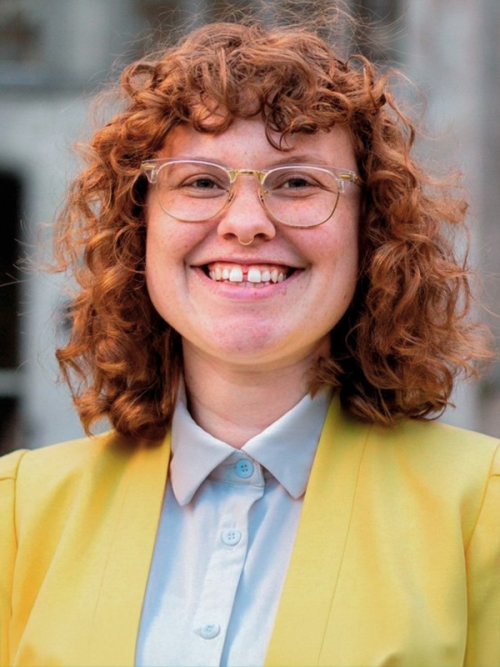
Peters will work with parents who currently are in foster care or previously have been in foster care and face the risk of their own children being removed from their home.
“My goal is to try, early in the process, to stop the separation from happening,” she said. “So if any of these parents hear that a report has been made about their child being neglected or abused, they have someone that they can contact right away and have legal support from the very beginning.”
She will establish a client referral pipeline for parents and mediate between the parents and the Illinois Department of Children and Family Services to prevent any premature separation.
Parents who fear their child might be taken away can struggle to express their side of the story and thus make it difficult for the department to determine whether there is a risk of harm. Legal representation ensures that someone will advocate for parents to prevent unnecessary emergency removals, support them during the investigation, and help them communicate with the department to contradict the report that was made against them.
“Hopefully that works out so the family is not separated and there can be some other services provided,” said Peters. “It’s really the initial separation that’s so traumatic for not just parents but also the children.”
As a student-attorney in Michigan Law’s Pediatric Advocacy Clinic, Peters represented a caregiver who had been put on the child abuse and neglect registry for an incident that had occurred 40 years before.
“It wasn’t represented correctly in the record,” Peters said, “because the state said she was the perpetrator of the abuse when it had been her partner. When she realized that the kids’ father was a risk to them, she totally removed him from the kids’ lives.”
While there were no future incidents, the record affected her ability to care for her nephew and protect him from a challenging family situation. The case convinced Peters that she wanted to continue advocating for families, so she worked in the Child Welfare Appellate Clinic the next semester.
“The professors in that class really gave me a strong background of why this work is so important and the larger systemic context,” she said. “Ever since then, I have wanted to be involved with this work.”

